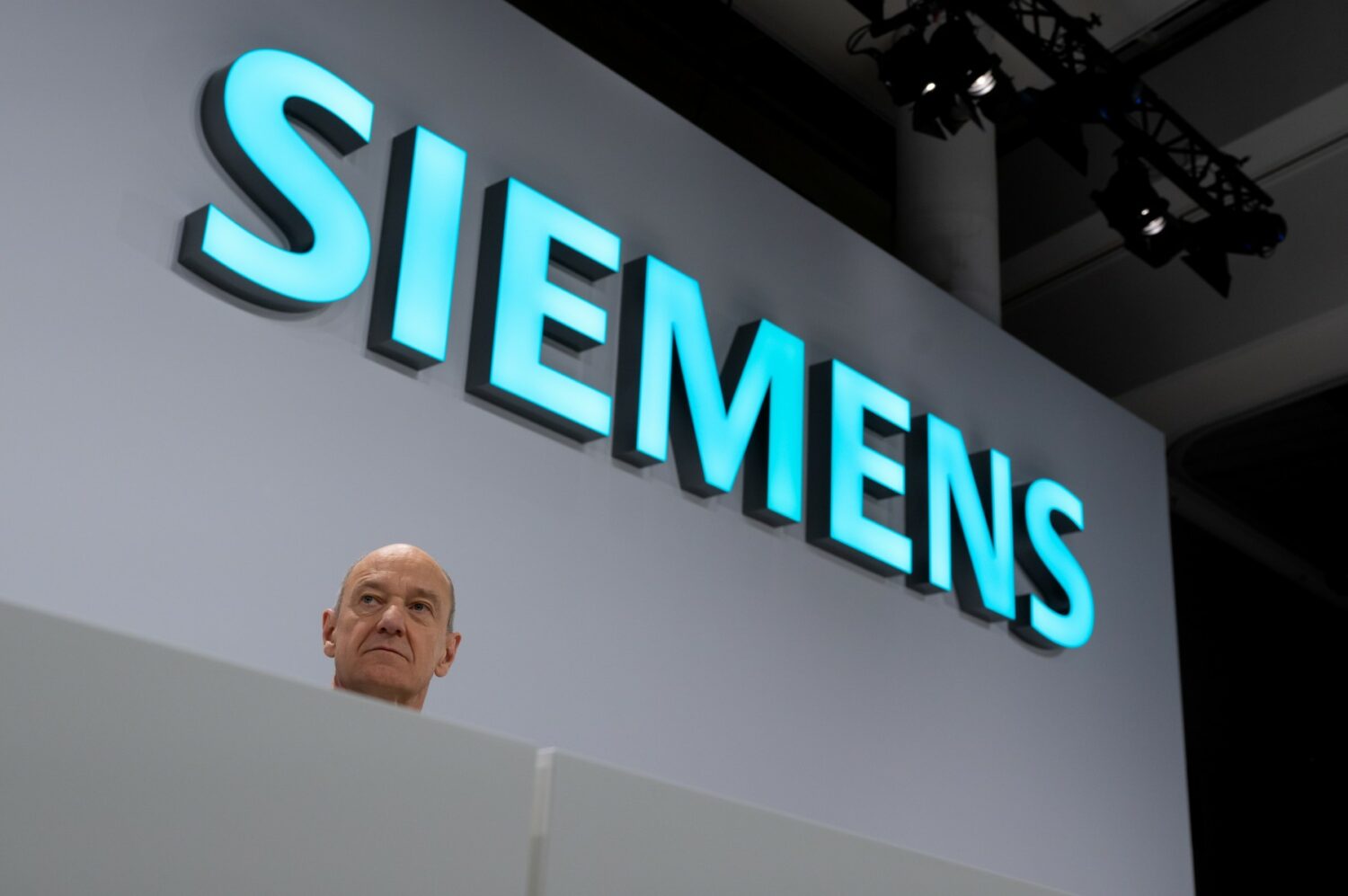BERLIN, GERMANY – German industrial giant Siemens said on Thursday it would build a new high-tech factory in Singapore and expand another in China as part of a two-billion-euro ($2.1 billion) investment plan to build up its manufacturing capacity.
Siemens said it would invest around 200 million euros in the Singapore factory that would focus on industrial automation, and “set a new standard for connectivity”.
Aimed at serving the Southeast Asian markets, the new installation is expected to create over 400 jobs.
Business daily Handelsblatt reported that Siemens had originally planned to set up the factory in China but finally turned to Singapore to reduce its reliance on the Asian giant.
Nevertheless, China is far from left out in the latest investment plans.
Siemens said it would expand its digital factory in Chengdu, China, investing 140 million euros and bring 400 new posts.
A new digital R&D center will also be set up in Shenzhen.
“Many of Siemens’ Chinese customers are early adopters of new technologies especially in digitalization and high-tech manufacturing,” it said in a statement.
“This is why Siemens also announced the investment in a new digital R&D Innovation Center in Shenzhen to speed up development of motion control systems with digitalization and power,” it added.
Details on further investments in Europe and the United States across the globe are expected to follow, said Siemens.
The group’s announcement came a day after the German government published its first National Security Strategy that took aim at China for acting against Berlin’s interests and values.
During the press conference presenting the blueprint, Foreign Minister Annalena Baerbock revealed that in talks with German companies, she had warned that lessons had to be learnt from Russia’s invasion of Ukraine.
Berlin could not bail out huge industrial groups with deep ties with China should a crisis erupt with Beijing, she added.
Instead, German companies are encouraged to diversify their supply chains and markets.
Particularly in sensitive areas like artificial intelligence or digitalization, the West has repeatedly warned of the risks of commercial espionage from China.

